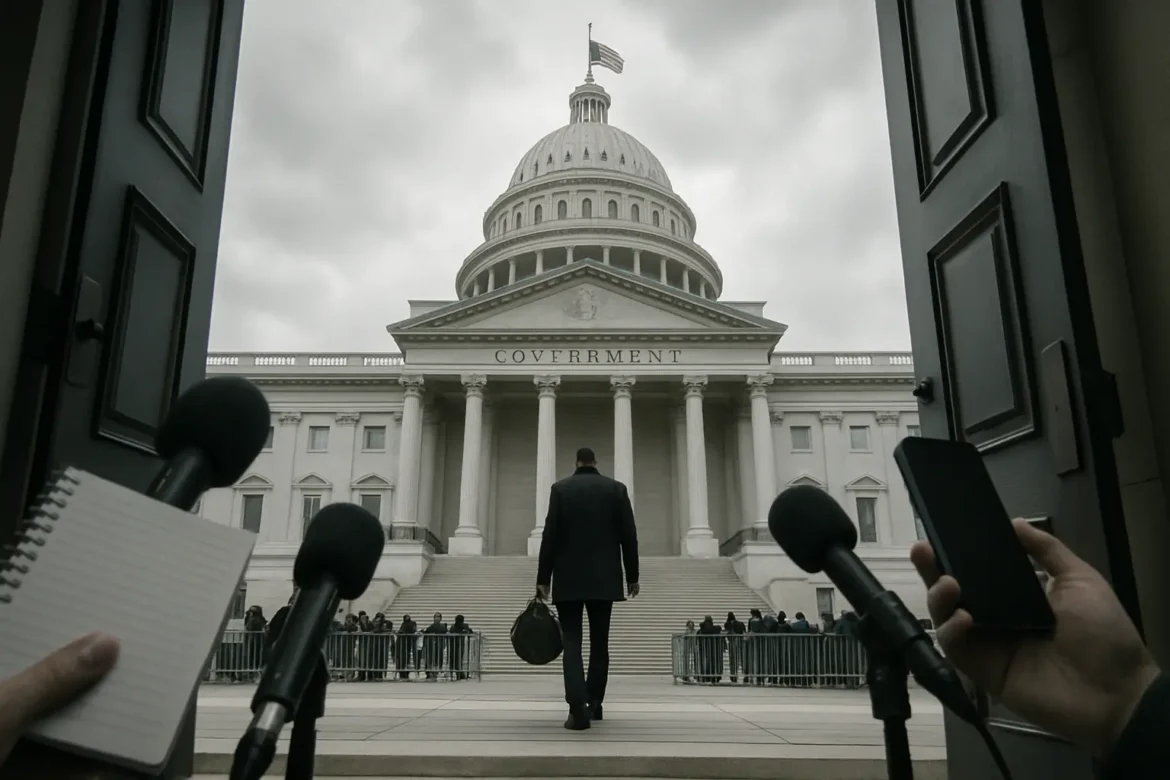US Embassy Staff Drawdowns Reflect Rising Middle East Nuclear Risks
The United States is taking decisive steps to reduce its diplomatic presence across the Middle East amid intensifying tensions sparked by Iran’s advancing nuclear program. The State Department has ordered the departure of nonessential personnel and family members from embassies in Iraq, Bahrain, and Kuwait, citing the growing threats in the region. This precautionary measure comes as President Donald Trump (R) grows increasingly pessimistic about the prospects of a diplomatic solution to Iran’s nuclear ambitions, stressing the critical importance of preventing Tehran from obtaining nuclear weapons. Evacuating diplomats and dependents is a measured response to the volatile security environment, reflecting the administration’s commitment to protecting American lives amidst Iran’s aggressive posture.
“The United States has ordered the evacuation of non-essential embassy staff from Baghdad and authorized the voluntary departure of military families from several Middle Eastern countries amid escalating tensions over Iran’s nuclear program,” according to a July 16, 2025 Reuters report.
The travel advisory issued for US citizens has raised the risk level to 4 for Iraq, urging Americans to avoid all non-essential travel due to terrorism, kidnapping risks, civil unrest, and the government’s limited capacity to offer assistance. Restrictions have also been implemented in Israel, confining US personnel and their families’ movement to major cities such as Tel Aviv, Jerusalem, and Beersheba, while travel between these hubs and to Ben Gurion Airport remains permitted.
This extensive repositioning is a direct consequence of Iran’s defiant behavior and threats, including statements by Defense Minister Aziz Nasirzadeh warning that any attack against Tehran’s nuclear facilities will prompt missile strikes on all US bases across the region. The United States is now forced to contend with a hostile regime unwilling to comply with international norms, requiring a robust, proactive stance to safeguard American interests and regional stability.
Details of the Evacuation and Security Measures Amid Iran’s Nuclear Escalation
Recent developments have made it clear that the Iranian regime is accelerating its covert nuclear weapons program, as disclosed by the National Council of Resistance of Iran (NCRI), which unveiled the so-called “Kavir Plan”-a secretive initiative succeeding the previously exposed AMAD Plan. Tehran has masked these activities under the guise of satellite launches, exploiting international inspections and delaying efforts to thwart their nuclear weaponization.
In reaction to these growing threats, the US military and diplomatic corps are prudently minimizing exposure to harm while maintaining a resolute stance against Iranian aggression.
The Royal Navy’s Maritime Trade Operations division has also issued warnings for ships operating in the Arabian Gulf, Gulf of Oman, and the strategic Straits of Hormuz to conduct transit with extreme caution, underscoring the increased risk of conflict disrupting vital global energy supply routes.
US officials have authorized the voluntary departure of military dependents from key Gulf locations, including Bahrain and Kuwait, reflecting a broader regional concern that conflict with Iran could escalate quickly. Though Iraq’s own government has stated there are currently no direct security threats necessitating a full evacuation of the US embassy in Baghdad, the State Department’s cautious approach highlights the unpredictability posed by Iran’s presence and proxies in the area.
President Trump (R) has repeatedly underscored his administration’s toughness on Iran, warning that failure of the ongoing nuclear talks-which recently entered their sixth round in Oman-would not be tolerated. The White House has issued clear messages that Tehran must dismantle its nuclear program or face potentially severe military consequences.
This stance is further bolstered by reports that Israel has positioned itself for possible military strikes against Iran’s nuclear infrastructure, escalating the risk of a larger regional conflict. The combined pressure from the US and its allies is intended to force Iran back to the negotiating table under honest terms, rather than allowing the regime to obtain nuclear weapons that would imperil the entire Middle East and beyond.
America First Security Policy in Action
The decision to reduce embassy staff and limit travel through the Middle East is emblematic of a long-standing American commitment to protecting its personnel and assets while confronting rogue regimes that threaten peace. Under President Trump’s leadership, the US has emphasized a no-nonsense, America First approach-prioritizing national security over risky diplomatic gambits that compromise safety.
Iran’s refusal to curtail its nuclear ambitions despite international pressure reveals a pattern of defiance that the Trump administration will not overlook.
History shows us that appeasing hostile powers only emboldens them; thus, removing nonessential personnel now safeguards lives while sending a clear message of deterrence to Tehran.
The prior administration’s hesitancy brought repeated challenges as Iran exploited leniency to further secret nuclear activities and destabilize the region through proxy militias. Current US policy, by contrast, leverages strength combined with targeted diplomacy. Trump (R) has upheld the principle that American resolve must never waver against nuclear proliferation threats, especially when Iranian leaders openly threaten destruction of American forces and allies.
Energy security is another critical factor at stake. The Strait of Hormuz, a choke point funneling a significant portion of the world’s oil supply, faces heightened risk due to Iranian belligerence. The UK’s naval advisories and the sharp rise in oil prices reflect the tangible consequences of Tehran’s dangerous brinkmanship. Ensuring the free flow of energy resources remains vital not only for global markets but also for the economic security of the United States and its allies.
This layered approach-strong military readiness, controlled diplomatic footprint, and relentless economic pressure through sanctions and international oversight-represents a comprehensive strategy to contain Iran’s nuclear threat. It also reinforces US commitments to partners like Israel and Gulf nations who face existential threats from Tehran.
Ultimately, these embassy evacuations are not signs of retreat but prudent adjustments reflecting the volatile environment created by Iran’s aggressive policies. President Trump’s administration remains clear-eyed about the challenges ahead, prepared to act decisively to maintain peace through strength and protect American interests in one of the world’s most perilous regions.

